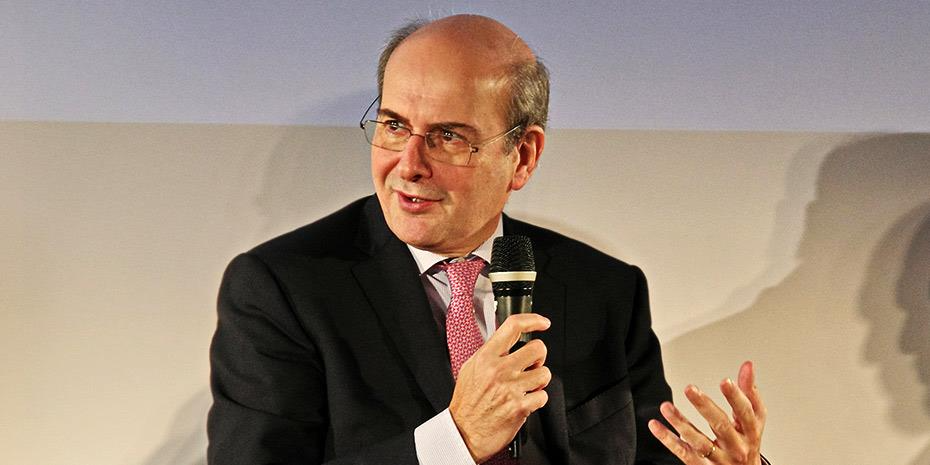
"There could not be a better deal at this time, neither for the Bank of Attica itself nor for the economy. Based on the bank's track record over the last 12 years, the problems it has had to face, the fact that the supervisory authority is pointing out that if the deal is not done, we will have a number of problems, and also based on the fact that we had a deal that we negotiated for months without any other investor coming forward, for all these reasons, I think this deal should be supported."
According to Athens News Agency, the Minister of National Economy and Finance, Kostis Hatzidakis, made this remark during his speech today at the Standing Committee on Economic Affairs of the Parliament in the context of the discussion on the "Ratification of the Merger and Investment Agreement of 18.7.2024 between the Hellenic Financial Stability Fund and the limited liability company, "THRIVEST HOLDING LTD."
Mr. Hatzidakis, after referring to the government initiatives to strengthen the banking system and the actions of SYRIZA with the closure of banks in 2015 and the practices followed in the Bank of Attica for which there was intervention by the prosecutor, noted: "Anyone who wants can draw their own conclusions. If you want, we can continue the discussion with more evidence in plenary. The Bank of Attica has been a very large outstanding issue for the banking system for at least 12 years. Now this outstanding issue is being addressed.
He continued: "I had to answer two questions: first, what would happen if, adopting the views of some opposition parties, I rejected this agreement that was reached after long negotiations? And secondly, whether this deal is beneficial or if there is another investor who would put in more money."
On the first question, the Minister read to the Committee extensive extracts from the relevant letter from the Governor of the Bank of Greece, Mr. Yannis Stournaras, to him. The letter points out the vulnerable financial situation of the two banks, Attica and Pancreta, and that failure to reach an agreement would lead to their collapse as they would not have access to ECB lending and would not have sufficient liquidity to cover extreme deposit outflows. A collapse would lead to a new wave of red loans, spill-over effects on the major banks, a write-off of the value of the HFSF's stake in Attica Bank, a shake-up of savers' confidence, and a possible bank run (massive withdrawals of deposits), but most importantly, a loss of savings of more than EUR 1.6 billion as the uncovered deposits (909 million for Attica Bank and 726 million for Pancretia) would be lost.
"This is what you are telling me to sign," Hatzidakis asked. "The loss of €1.6 billion of deposits? Would you do it in my place? Think about it and say what those of you who are skimming against the deal would do."
As to the second question, if there was another investor who would give more, Hatzidakis said, "There wasn't. No, not because I say so. But because I asked the HFSF to do market research with one of the largest investment banks in the world, JP Morgan,. Which did the check and delivered a report stating that there was no interest. So there was no other better option."
He talked about the good things that would happen if the agreement was put into action. These included getting rid of the threat to the stability of the banking system, making competition stronger for depositors and borrowers by adding a fifth banking pillar, making a new bank with a strong capital base and limiting the amount of bad loans to the same level as the average in the eurozone, and protecting the HFSF's stake in Attica Bank, which would have been worthless if the agreement had not been reached.






